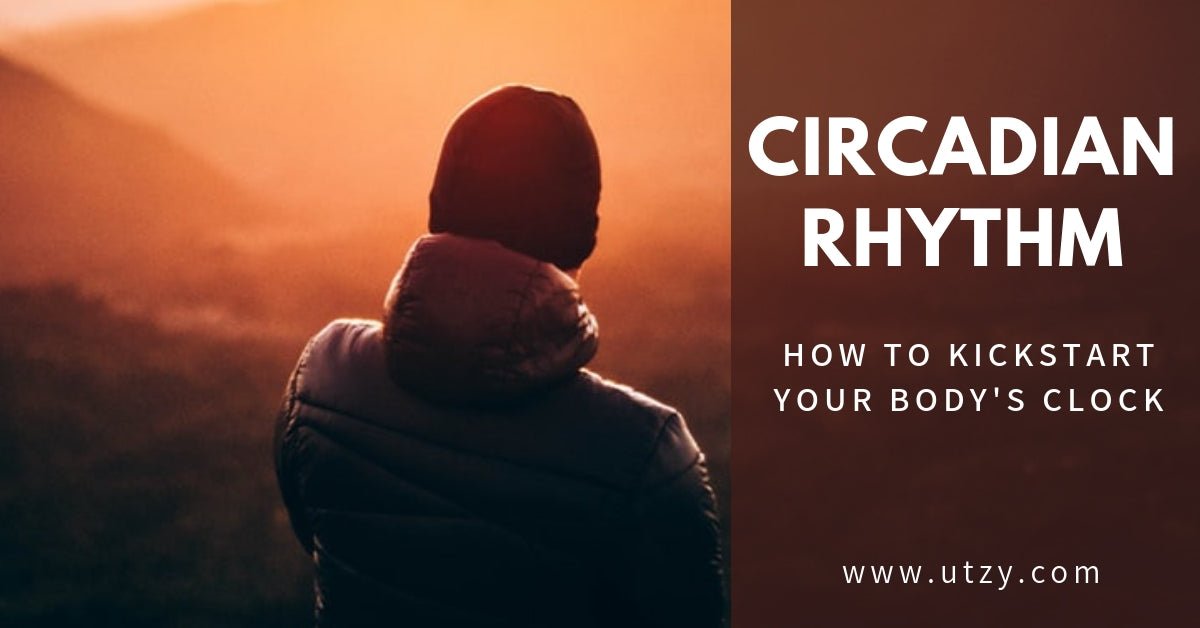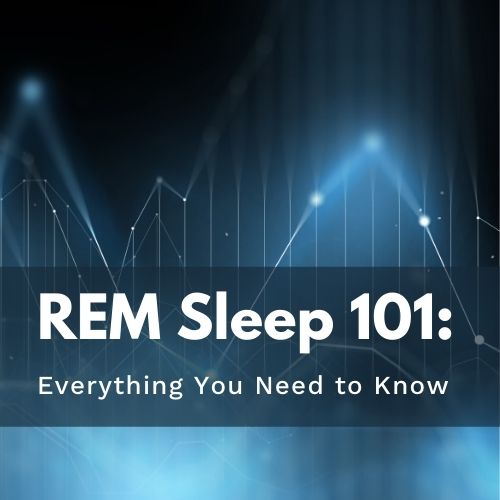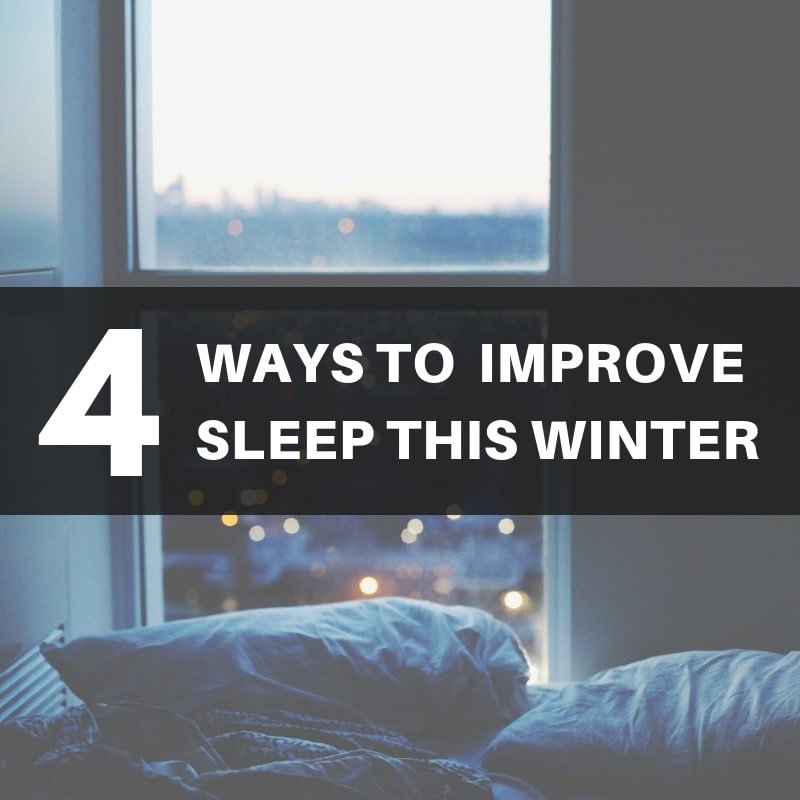shop
learn

How To Kickstart Your Circadian Rhythm
March 11, 2019 3 min read
We are all looking to live healthier, more energetic lives. To increase your energy levels, you need to be in-sync with your body's circadian rhythm.
But what is a circadian rhythm?
Read on below!

According to the National Sleep Foundation "The circadian rhythm is a 24-hour internal clock that is running in the background of your brain and cycles between sleepiness and alertness at regular intervals. It's also known as your sleep/wake cycle" (1).
In other words, your body is running on an internal clock. You have a high point, when your energy is at its peak, and a low point, when your energy has dropped.
You want your body clock to be in-sync so you can be energized during the day and ready for sleep at night.
Your circadian rhythm was designed to follow the flow of sunlight, with your body having more energy throughout the day when the sun is up, and less energy at night when it starts to get dark.
Many people get knocked off of their natural circadian rhythm, this can be due to all sorts of factors such as shift-work, late nights where you can't sleep, schedule changes, jet lag, seasonal changes, etc..
Try these 3 tips to help get your circadian rhythm on track.
Get Some Sunlight
When you wake up, within the first hour, get 10 minutes of sun exposure.
Doing this will help to get your body clock re-aligned with the natural environment around you (source). Instead of groggily going through your morning routine, taking the time to get some sun exposure will tell your body that it is time to wake up.
Add early morning sunshine into your morning ritual by
- taking a walk
- do stretches outside or near a window
- eating breakfast outside or near a window
- opening the sunroof of your car on the way into work
If you live in a cold climate, it can be tricky to get sunlight during the winter months. If this is the case, taking a Vitamin D supplement or a Multi-Vitamin is a good alternative option (although natural sunlight will always be superior).
Make getting some morning sunshine a priority this week. Do it and you'll watch your morning wakefulness and energy levels increase!
2. Supplement With Melatonin.
Melatonin is the hormone that controls your circadian rhythm. Known as “the hormone of darkness” melatonin is secreted by your brain’s Pineal Gland at night.
If you find your body clock timing is off, your brain may not be releasing enough Melatonin, or may even be releasing it at the wrong time.
The simple solution is to take a Melatonin supplement to help get you back on track (source), or try eating Melatonin rich foods. Read 10 Foods To Help You Sleep Better for more information.
You can check out Utzy Naturals’ Micro Melatonin here!
3. Reduce Blue Light Exposure
Your circadian rhythm is guided by light, so bright lights after sundown can delay your sleep response.
The biggest offender is blue light which can severely impact your circadian rhythm because it keeps your brain alert and suppresses Melatonin release (source).
Blue light is most often found in LED lights and in electronics such as smartphones, televisions, and laptops.
Lessen your exposure to electronics, especially after sundown and stop all device usage at least 1 hour before your planned bedtime. Your bedroom should ideally contain no electronics at all.
Light pollution can also be an issue. Lights shining into your bedroom window can keep you awake so invest in blackout curtains.
A completely dark room makes for a much more restful night.
4. Take A Trip
If your circadian rhythm is seriously off, go camping.
No, really, go camping.
We tend to follow the natural rise and fall of the sun while camping, and if you’ve ever been, you know that sleeping in doesn’t happen. And taking into account the long activity-filled days generally associated with camping, we usually go to sleep tired soon after sunset.
Several nights away from man-made light is like a hard reset for your circadian rhythm (source).
If this isn’t an option, try a staycation at home with no tech usage for a few days and aligning your sleep schedule with the rise and fall of the sun.
Conclusion
Light is the biggest factor for circadian rhythm.
Whether it’s too much light, or not enough light, it can affect your sleep/wake cycle.
Use this to your advantage and work with sun, not against it.
A balanced circadian rhythm is the key to an energized day and a restful night.
Leave a comment
Comments will be approved before showing up.
Also in Utzy's Sleep Blog
Subscribe
Sign up to get the latest on sales, new releases and more …
Join the Utzy Naturals Club!
Sign up and get the latest on sales, new releases, and more...








